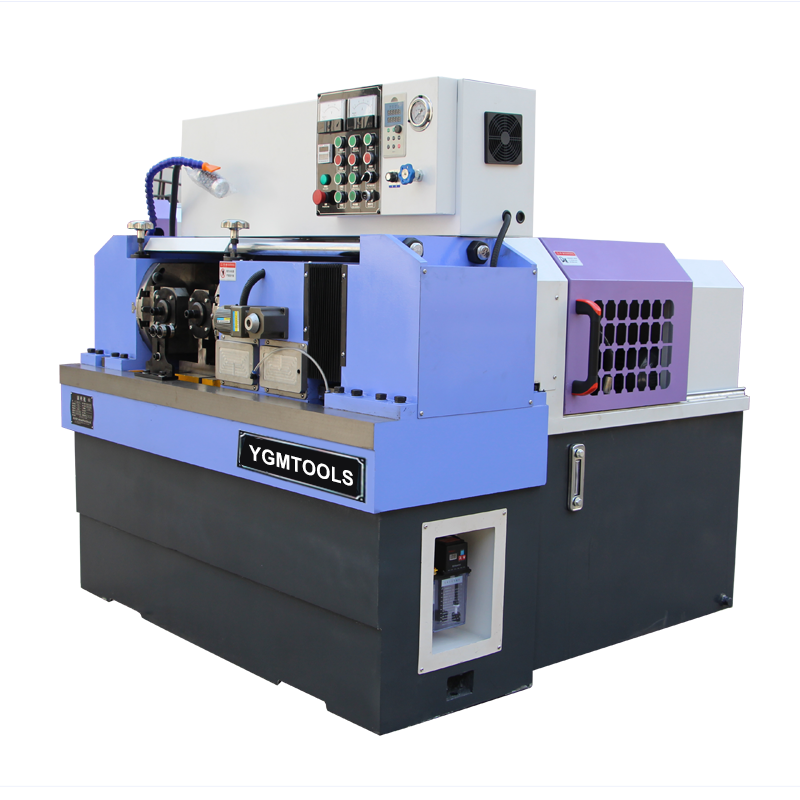
-
 Afrikaans
Afrikaans -
 Albanian
Albanian -
 Amharic
Amharic -
 Arabic
Arabic -
 Armenian
Armenian -
 Azerbaijani
Azerbaijani -
 Basque
Basque -
 Belarusian
Belarusian -
 Bengali
Bengali -
 Bosnian
Bosnian -
 Bulgarian
Bulgarian -
 Catalan
Catalan -
 Cebuano
Cebuano -
 Corsican
Corsican -
 Croatian
Croatian -
 Czech
Czech -
 Danish
Danish -
 Dutch
Dutch -
 English
English -
 Esperanto
Esperanto -
 Estonian
Estonian -
 Finnish
Finnish -
 French
French -
 Frisian
Frisian -
 Galician
Galician -
 Georgian
Georgian -
 German
German -
 Greek
Greek -
 Gujarati
Gujarati -
 Haitian Creole
Haitian Creole -
 hausa
hausa -
 hawaiian
hawaiian -
 Hebrew
Hebrew -
 Hindi
Hindi -
 Miao
Miao -
 Hungarian
Hungarian -
 Icelandic
Icelandic -
 igbo
igbo -
 Indonesian
Indonesian -
 irish
irish -
 Italian
Italian -
 Japanese
Japanese -
 Javanese
Javanese -
 Kannada
Kannada -
 kazakh
kazakh -
 Khmer
Khmer -
 Rwandese
Rwandese -
 Korean
Korean -
 Kurdish
Kurdish -
 Kyrgyz
Kyrgyz -
 Lao
Lao -
 Latin
Latin -
 Latvian
Latvian -
 Lithuanian
Lithuanian -
 Luxembourgish
Luxembourgish -
 Macedonian
Macedonian -
 Malgashi
Malgashi -
 Malay
Malay -
 Malayalam
Malayalam -
 Maltese
Maltese -
 Maori
Maori -
 Marathi
Marathi -
 Mongolian
Mongolian -
 Myanmar
Myanmar -
 Nepali
Nepali -
 Norwegian
Norwegian -
 Norwegian
Norwegian -
 Occitan
Occitan -
 Pashto
Pashto -
 Persian
Persian -
 Polish
Polish -
 Portuguese
Portuguese -
 Punjabi
Punjabi -
 Romanian
Romanian -
 Russian
Russian -
 Samoan
Samoan -
 Scottish Gaelic
Scottish Gaelic -
 Serbian
Serbian -
 Sesotho
Sesotho -
 Shona
Shona -
 Sindhi
Sindhi -
 Sinhala
Sinhala -
 Slovak
Slovak -
 Slovenian
Slovenian -
 Somali
Somali -
 Spanish
Spanish -
 Sundanese
Sundanese -
 Swahili
Swahili -
 Swedish
Swedish -
 Tagalog
Tagalog -
 Tajik
Tajik -
 Tamil
Tamil -
 Tatar
Tatar -
 Telugu
Telugu -
 Thai
Thai -
 Turkish
Turkish -
 Turkmen
Turkmen -
 Ukrainian
Ukrainian -
 Urdu
Urdu -
 Uighur
Uighur -
 Uzbek
Uzbek -
 Vietnamese
Vietnamese -
 Welsh
Welsh -
 Bantu
Bantu -
 Yiddish
Yiddish -
 Yoruba
Yoruba -
 Zulu
Zulu
Innovative Solutions for Thread Rolling Tool Product Development and Efficiency Optimization
Understanding Thread Rolling Tool Products An Essential Component in Manufacturing
Thread rolling is a widely utilized process in the manufacturing industry for creating strong, precise threads on fasteners and other components. This technique involves the use of specialized tools known as thread rolling tools, which shape materials into the desired thread form without the need for cutting. As the demand for high-strength and lightweight components increases in various sectors, from automotive to aerospace, thread rolling tools have become increasingly significant.
What is Thread Rolling?
Thread rolling is a cold working process that involves the deformation of a workpiece to create threads. This is accomplished using two or more rollers with thread profiles that press against the material. The process can be performed on a variety of materials, including steel, aluminum, and plastics, and is particularly advantageous for producing high-strength threads as it enhances the material properties without compromising its integrity.
Types of Thread Rolling Tools
There are several types of thread rolling tools, each tailored for specific applications
1. Flat Die Rollers These are typically used for rolling threads on cylindrical workpieces. The flat dies provide a dual effect, effectively rolling the thread while also aiding in the formation of a smooth surface.
2. Reciprocal Rollers These tools are designed for machines that allow for back-and-forth movement. The reciprocal pattern helps in achieving tighter tolerances and finer threads, making them suitable for applications requiring precision.
3. Form Rolling Tools These tools are ideal for creating intricate thread designs. They allow manufacturers to produce complex geometries that may not be feasible with traditional cutting methods.
4. Roller Dies Commonly used in mass production settings, roller dies work with multiple pieces simultaneously, significantly increasing production efficiency.
Advantages of Thread Rolling Tools
The advantages of using thread rolling tools are numerous
thread rolling tool products

- Strength Enhancement The cold working process increases the tensile strength of the material, making the rolled threads more durable compared to those that are cut
.- Cost-Effectiveness While the initial investment in thread rolling tools may be higher compared to traditional cutting tools, the long-term cost savings associated with reduced material waste and higher production rates make them a more economical choice.
- Precision and Accuracy Thread rolling tools allow for precise control over the thread profile, which is essential in high-tolerance applications.
- Surface Finish The thread rolling process typically results in a better surface finish, minimizing the need for additional machining steps.
Applications of Thread Rolling Tools
Thread rolling tools are used in a variety of industries, including
- Automotive For the production of bolts, nuts, and other fasteners that require high strength and durability.
- Aerospace Where weight reduction and strength are critical for safety and performance, rolled threads are preferred for components such as engine parts and airframes.
- Construction Fasteners used in heavy machinery and structural components often utilize thread rolling for enhanced performance.
- Electronics Miniature threads for screws in electronic devices also benefit from this efficient manufacturing process.
Conclusion
Thread rolling tools are an integral part of the manufacturing landscape, providing a reliable and efficient method for producing high-strength threads with superior surface finishes. As industries continue to demand better performance from their components, the importance of these tools will only grow. By choosing the right thread rolling tool for specific applications, manufacturers can improve production efficiency while ensuring the quality and strength of their products. Understanding the nuances of thread rolling technology will aid engineers and manufacturers in making informed decisions that meet the evolving needs of their industries.
